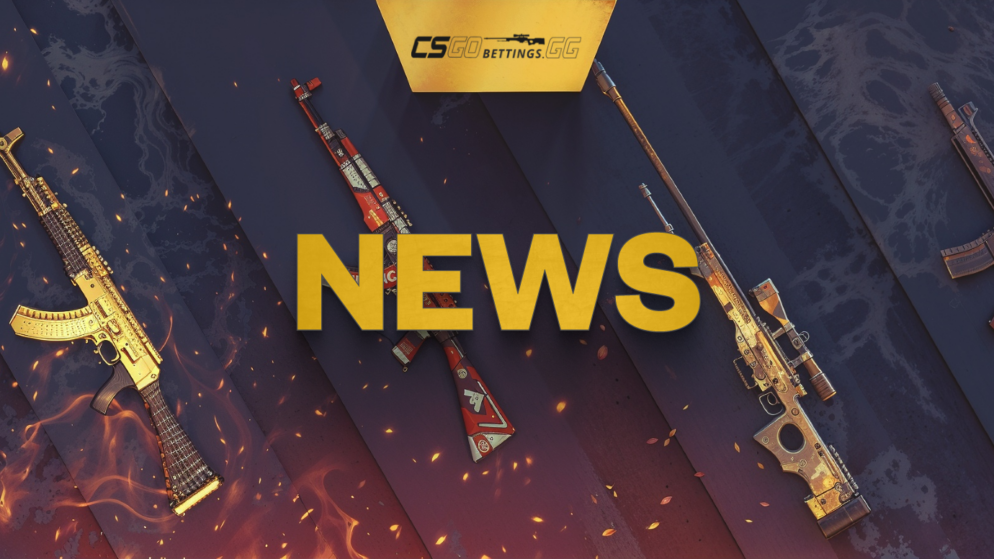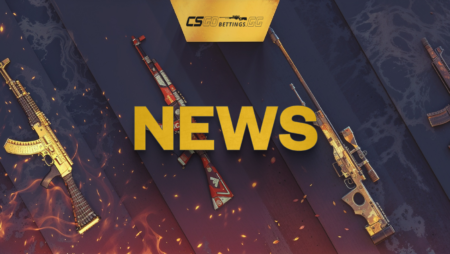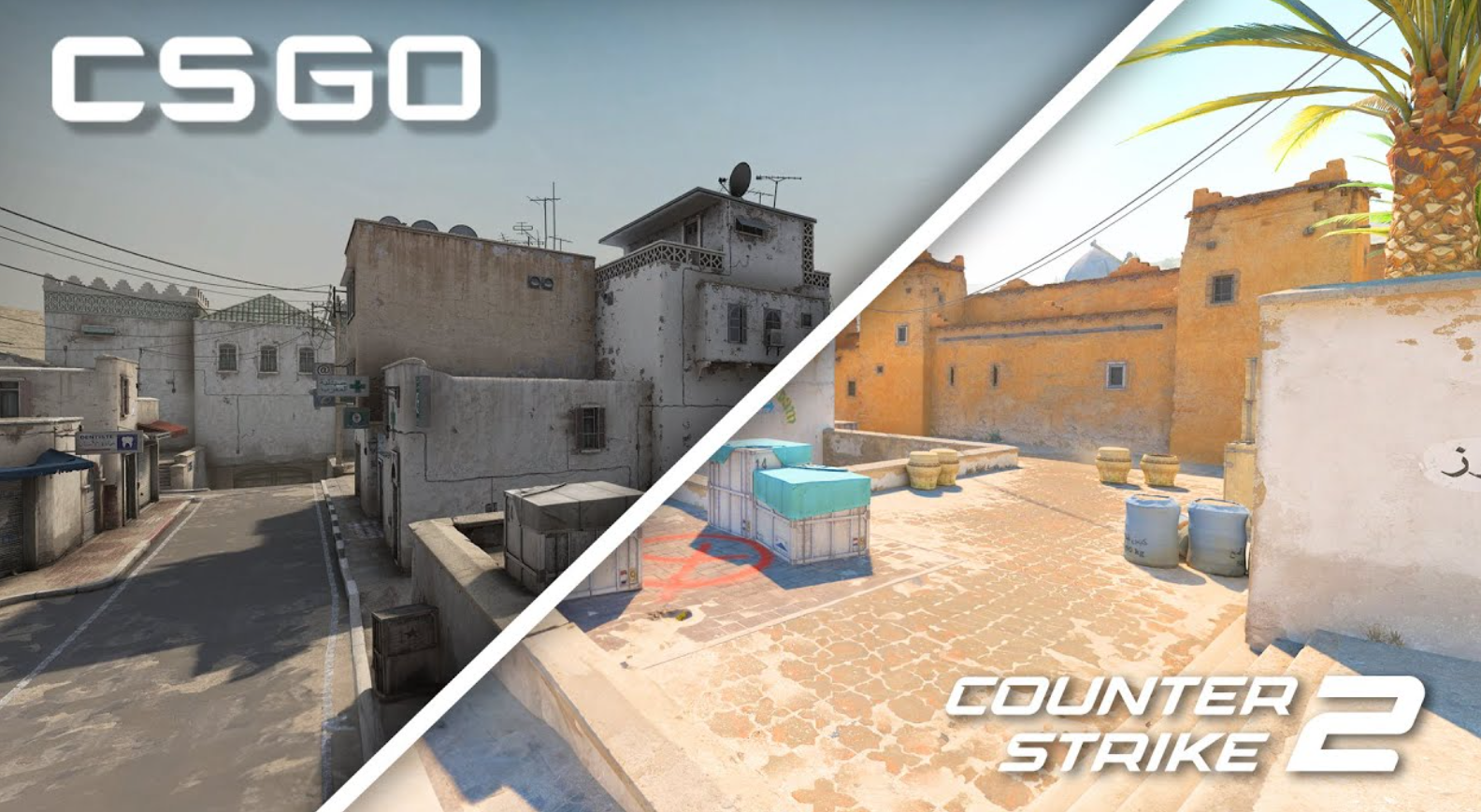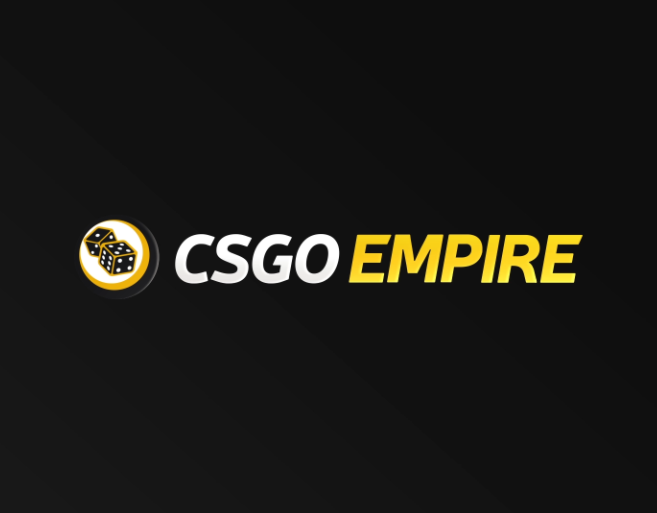

During IEM Cologne 2025 and recent interviews published by Esports Insider, multiple Tier‑1 players expressed nostalgia for CS:GO. Their comments referenced timing consistency, utility reliability, and positional stability – traits currently absent in CS2. Rather than sentiment, these remarks highlight measurable tactical shifts with direct impact on map control, role execution, and round resolution reliability.
Technical Differences Between CS:GO and CS2
Utility Simulation and Frame Impact
- CS:GO offered fixed grenade behavior. CS2 introduces interpolation variance and altered bounce physics.
- Retake setups using HE + molotov or smoke + flash now resolve with lower consistency, even under identical inputs.
Positional Interaction and Model Geometry
- Boosts, head-glitches, and jiggle corners behave differently due to new hitbox rendering and animation layering.
- Static holding on angles like Ancient B-site or Overpass short loses efficiency due to micro-adjustment delay.
Movement and Strafe Recovery
- Strafe-to-fire accuracy frames increased by 1–2 ticks in CS2 compared to CS:GO.
- Entry models dependent on frame-precise crosshair resets (e.g., early AWP duels) become unreliable.
Team-Level Impacts: Map Pool, Roles, Execution
Mid-Round Stability Loss on Tight Maps
Maps with compressed space Anubis, Overpass, Vertigo now penalize teams relying on 35–15s execs. Utility delays and model alignment issues prevent clean trades and delay crossfire setup.
AWP Positioning Devalues on 5 of 7 Maps
Static post angles (e.g., B site Mirage, A site Ancient) no longer produce favorable trade patterns. AWP players report decreased impact metrics despite equivalent pre-patch routines.
Entry Timings Degrade Under Pressure
Default sequences built on early space acquisition collapse when smoke bloom and flash sync desync. FaZe, Vitality, and MOUZ report entry drops in early phases of rounds where full timing control is required.
Betting Behavior Under Mechanical Volatility
| Scenario | CS:GO Outcome | CS2 Behavior | Betting Adaptation |
|---|---|---|---|
| Pistol Rounds | Predictable duels | Instability in movement-hit precision | Delay entry; play live post-entry |
| AWP Post-Plant | Kill-favoring anchor | Trade breakdown post-kill | Fade pre-match AWP weight |
| B site Vertigo/Anubis | Retake managed | Timing collapse | Favor overs and late live comebacks |
| Entry on Ancient/Overpass | Clear split pressure | Second-phase frag loss | Live entry on map round 6+ |
Conclusion
CS2 removes many of the deterministic mechanics that defined CS:GO. Players no longer rely on identical input producing identical outcome. For modelers and bettors, this means pre-match frameworks carry reduced confidence – especially on maps requiring strict timing or angle-specific resolution.
The teams who adapt live and operate within utility variance will outperform those relying on legacy execution. Trend data confirms this shift. Nostalgia is not aesthetic it’s a response to broken structure.


|
Mary S Colbert is a Chief Content Editor at csgobettings.gg, specializing in CS2 with over 8 years of experience as an e-sports analyst. Her informative articles on the game have made her a go-to resource for fans and her expertise is widely respected within the industry.
|














